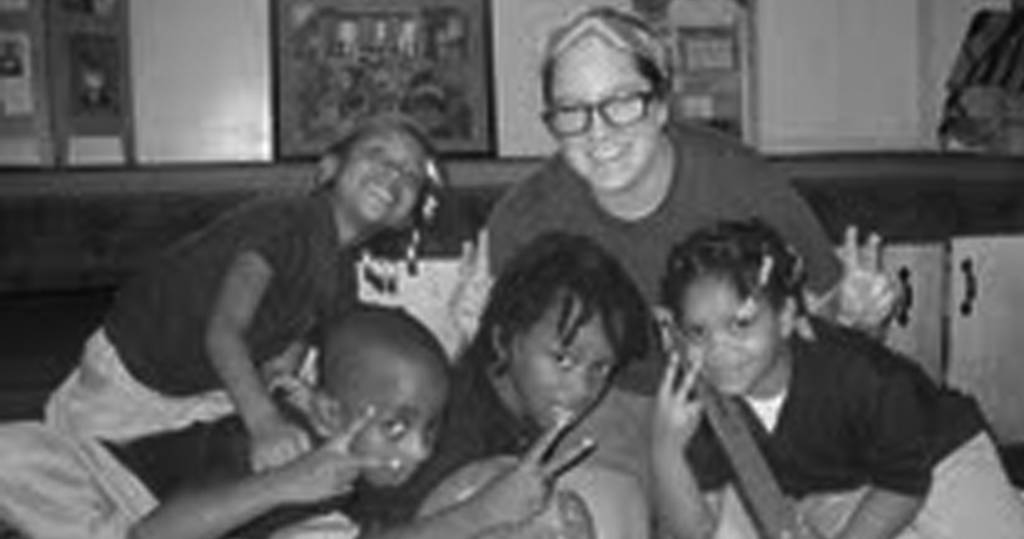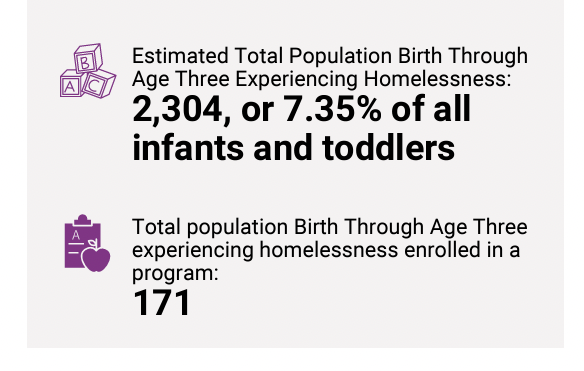Little Friends for Peace is a nonprofit organization that strives to teach peace skills to youth in the greater D.C. area. In a culture that glorifies violence, LFFP equips students with the skills to combat violence and encourage peaceful conflict resolution. The organization has branches in Mt. Rainer, Beacon House, Sursum Corda and the Perry School. Run by co- founders M.J. and Jerry Park, LFFP caters to a diverse population of students.
The LFFP afterschool program at the Perry School is conducted on Mondays, Wednesdays and Thursdays by M.J. Park as well as student volunteers from the George Washington University, the University of Maryland and Georgetown University. Students ranging in age from 5 to 13 gather in the Peace Room and develop peace-building skills through various activities. At the beginning of each class, students and volunteers sit in a circle and say what “makes” and “breaks” their peace. This allows for students to open up and speak about their problems, whether a fight at school, an incarcerated parent or feeling lonely.
Students are divided into three groups based on age. Younger students do many arts and crafts projects that relate to peace, such as making “peace- maker puppets,” while older students are encouraged to present reports on peacemakers such as Dr. Martin Luther King and Rosa Parks. While learning about prominent figures and doing art can be ways of learning about peace, an even more powerful way can be from solving conflicts that arise in the Peace Room.
All children fight with others, but in the Peace Room, fights can be used as examples of a way to incorporate peace skills into their daily lives. For exam- ple, one Thursday in the peace circle, two ten-year-old girls got very upset, started calling each other names and became increasingly physical. A college volunteer immediately saw this fight as an opportunity to teach the two girls about conflict resolution. She asked the two girls to explain why they were upset with each other. Both felt upset that the other interrupted them while speaking. After listening to each other, both girls realized that their behavior was unnecessary, and they apologized to each other. This is just one example of children who are learning to use skills of peace rather than violence to solve their problems.
Ideally, students will take the lessons that they learn in the Peace Room and apply them to their daily lives. In addition to having a place to learn, students know that the Peace Room and the Perry School are places where they are safe and supported by those around them. Volunteers play a critical role in the success of LFFP, because they act as role models for the students and provide a sense of stability that may be lacking at home. LFFP is an organization that affects many youths as well as their families. It inspires them to achieve their aspirations through a life of nonviolence and compassion.








